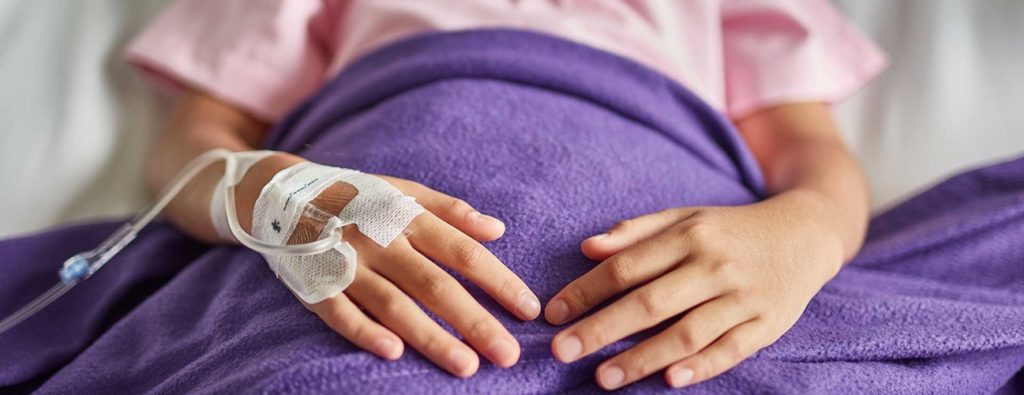What you need to know about Liver Cancer Treatment
Contents
- 1 What you need to know about Liver Cancer Treatment
- 2 What Does the Procedure Involve?
- 3 How Long Should You Stay in the Country?
- 4 How Long is the Recovery Time?
- 5 What Aftercare Should You Consider?
- 6 What is the Success Rate for Liver Cancer Treatment?
- 7 Are there Alternatives to Liver Cancer Treatment?
- 8 What Should You Expect Before and After the Procedure?
Treatment for liver cancer depends on the stage of the disease, your age, your general health, and your personal preferences. The treatment options for liver cancer include surgery, localized treatment, radiation therapy, targeted drug therapy, immunotherapy, chemotherapy, or a combination of these procedures. Your doctor will help you make the decision that fits your needs.
What Does the Procedure Involve?
If your liver function is good and your tumor is small, your doctor may recommend surgery to remove the tumor, which is performed under general anesthetic. In the early stages of liver cancer, your doctor may also recommend liver transplant surgery in which your doctor removes your diseased liver and replace it with a healthy liver from a donor. If your doctor recommends radiation therapy, high-powered energy is used to destroy cancer cells and shrink tumors. With immunotherapy, your own immune system is used to fight cancer, while with chemotherapy, drugs are used to kill rapidly growing cancer cells in your liver.
For an in-depth analysis of Liver Cancer, watch this short video.
https://youtu.be/eAqq6QrrXMg
How Long Should You Stay in the Country?
The type of treatment you underwent will determine your length of stay in the local area. For surgeries, you may need to stay in the country for around 14 days for initial recovery and follow-up checkups. If you undergo therapy, your length of stay depends on the number of cycles required for your case.
How Long is the Recovery Time?
The full recovery time after liver cancer surgery can take around 12 weeks, but you may be able to go back to work earlier than that if your job does not require much physical activity. With any type of therapy, you may resume work the following day or when you do not experience any symptoms that interfere with your ability to work. Your doctor will let you know the right time for you to return to your normal routine.
What Aftercare Should You Consider?
You will be given detailed instructions regarding exercise, dietary restriction, and wound care. You may want to schedule regular checkups with your doctor to monitor your condition after treatments. It is also advisable to attend programs and support services to help you cope and get through cancer treatment.
What is the Success Rate for Liver Cancer Treatment?
Liver cancer treatment is proven to be safe and effective. However, the success rate depends on many factors, including the stage of your cancer and your overall health. The possible side effects and risks of liver cancer treatments are infections, bleeding, blood clots, bile leaking from the liver, jaundice, liver failure, hair loss, tiredness, feeling sick, and abdominal pain.
Are there Alternatives to Liver Cancer Treatment?
If you do not want to undergo the treatments mentioned above, you can take alternative medications or procedures to help control your pain. These alternatives include hypnosis, acupressure, acupuncture, massage, and relaxation techniques.
What Should You Expect Before and After the Procedure?
Liver cancer, like any other type of cancer, can spread to other organs and cause symptoms that can interfere with your daily life. After treatment, all of the symptoms may be relieved, the chance of your cancer spreading to other organs is greatly reduced and your quality of life is improved. Successful treatment may put your cancer into remission, meaning there is no cancer detected in your body.
To check prices or to book a Liver Cancer Treatment Procedure in Thailand or anywhere else in the world, head on over to MyMediTravel now!

